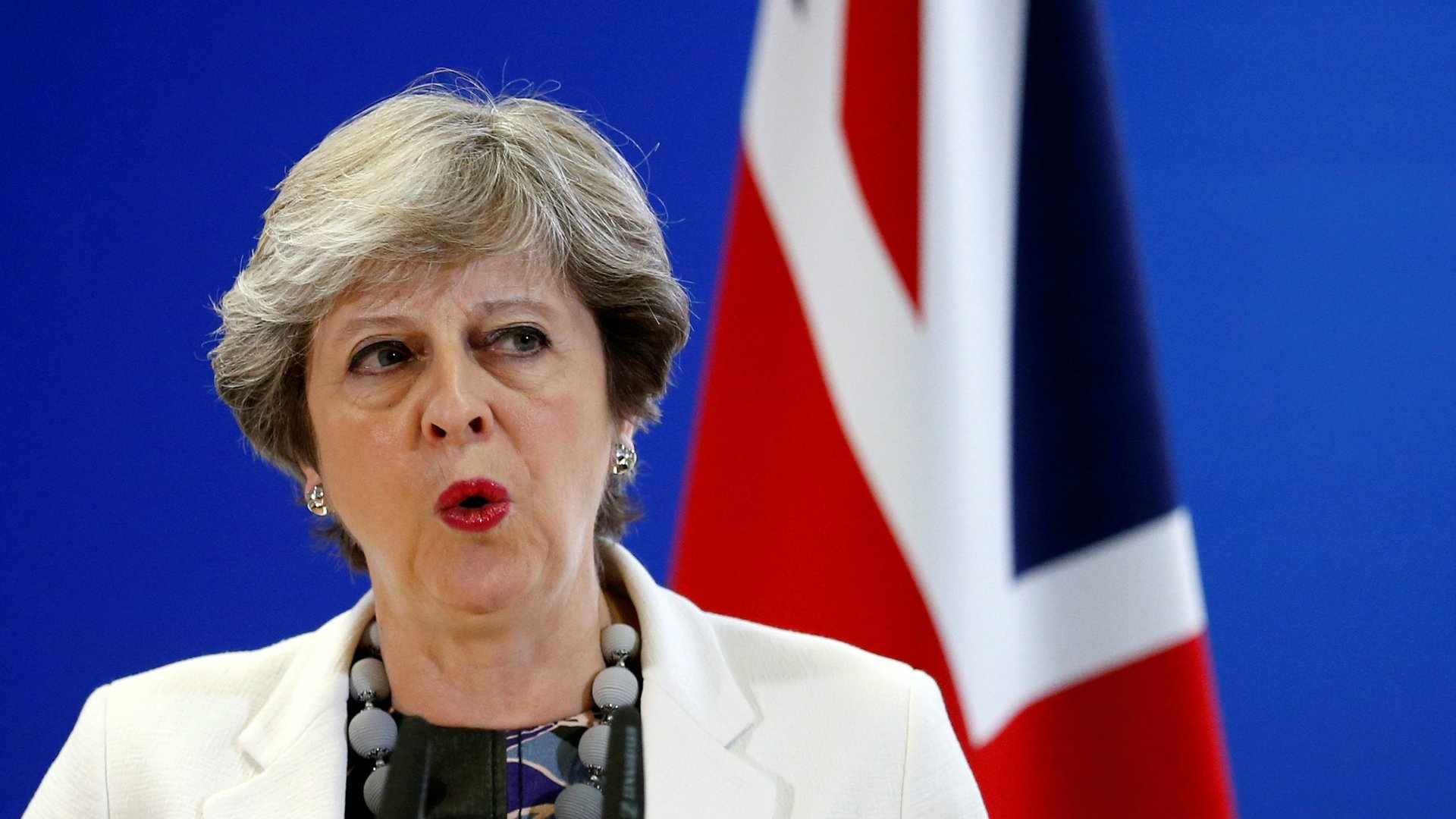Britain’s improving gender gap has nothing to do with wages or promotions
Britain is one of most improved countries for closing the gender gap, according to the World Economic Forum. But data shows that this improvement has nothing to do with tangible improvements in either salaries or getting more women into leadership. Here are the most-improved countries in closing the overall gap:


Britain is one of most improved countries for closing the gender gap, according to the World Economic Forum. But data shows that this improvement has nothing to do with tangible improvements in either salaries or getting more women into leadership. Here are the most-improved countries in closing the overall gap:
Every year, the WEF ranks 144 countries in its Global Gender Gap Index to determine how places are addressing the gap between women and men on health, education, economic and political indicators. The idea is to determine how these countries “aim to distribute their resources and opportunities equitably between both genders, irrespective of their overall income levels.” The index crunches numbers from institutions such as the UN’s International Labour Organization, the UN Development Program and the World Health Organization, as well as WEF’s own perception survey.
Still, the WEF’s data show that the UK—which moved up five places overall to 15th place—has a long way to go in providing any “meaningful improvement” on gaining gender parity—there are more women in political positions, but the UK is woefully behind on gaining equality in areas such as salaries, workforce participation, and leadership.
In the political-empowerment section, one of the four pillars used to determine how the index ranks representation in decision-making structures, the UK rose seven places, to 24th. This is because there are now more women in parliament and ministerial positions, and there is a female prime minister—Theresa May.
Yet when it comes to getting more women in the workforce, paying them the same as men, or having more females in leadership roles, the UK is still stalling at 53rd in the Economic Participation and Opportunity pillar.
When it comes to wages alone, Britain ranks 95th worldwide. WEF points out that 57% of all work UK women do is unpaid (compared to 32% for men) and the mean monthly earnings of women is 66% that of men.